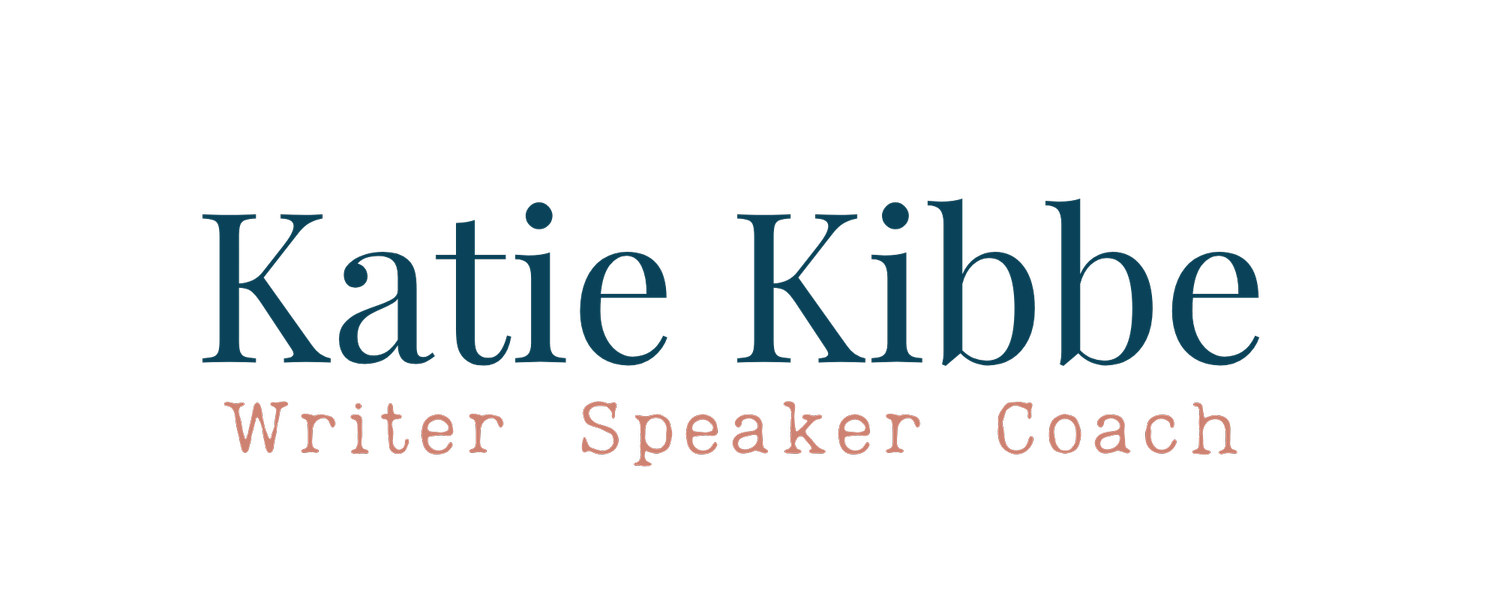Take my yoke upon you, and learn from me;
for I am gentle and humble in heart,
and you will find rest for your souls.
Matthew 11:29
This past week was a doozy. Over the course of seven days, I drove over 1600 miles and visited with hundreds of people. I delivered 4 different talks, sharing about my new study Ponder and Pondering A Guided Journal.
All while grappling with the unexpected grief for the life I left behind when we moved.
It was amazing and heart-filling.
It was hard yet hopeful.
I had expectations.
I wanted the week to be lighthearted and joy-filled. I wanted to pour out God's goodness on everyone I met.
Yet, there were several conversations I would have liked to have gone differently. Nothing major. Just some minor things spoken and unspoken that, over time in my mind, took on additional weight. They became a pebble in my shoe that I could not root out. They snowballed, eventually occupying more mental real estate than they were worth.
This rumination reminded me that on the days when I'm overwhelmed by my to-do list, my natural tendency is to slip into the skin of the person who prizes efficiency over compassion. Productivity over people. I'm not as kind as I want to be to the people God places in my path. On these days, I'm even less kind to myself.
As you might have figured out by now, I have a tendency to be hard on myself when I fall short of my own expectations. Maybe this is a familiar feeling for you too.
Being hard on myself is a habit that has served me OK up to now. While it helps me get things done, this habit returns dividends with compound interest. I find it difficult to turn the hard off.
Reflecting on the past week in order to write to you, I realized something:
On the days when I'm hardest on myself, it's difficult to receive tenderness from God.
Have you ever considered that the success strategies helping you get things done today may not be effective at delivering the peace promised by Jesus?
Ruminating over the small failures to live up to our own expectations fuels this habit of being hard on ourselves. As we circle the woulda, coulda, shoulda drain-- our attention turns to the negative places we should never go alone. It becomes more difficult to remain present in the present moment because our attention is diverted to the past or directed to conjuring up some unknown future.
Have you ever noticed how difficult it is to find and savor the Beautiful when your mind is focused on all the ways you fail to measure up to some unrealistic expectation?
Thankfully, I've been practicing being intentionally gentle with myself.
In anticipation of the whirlwind trip, I spent the past month pondering how to counteract the habit of being hard on myself with the practice of Intentional Gentleness. I prayed. I pondered. I wrote. I set up lunches and dinners with people whose presence fills me to the brim.
As I spent time practicing being inwardly gentle, I arrived at an epiphany. Not only am I hard on myself for failing to live up to what I think I should do, but I am also hard on myself for failing to do what I think God wants me to do.
Does this sound familiar? There is another way. One that nurtures our souls rather than beating them into submission.
What if God does not want you to be so hard on yourself?
What if, rather than a hard taskmaster, the language He uses is actually a soft, quiet, and gentle invitation to be as you are?
Is it possible that you're unable to hear His gentle invitation over the clamor of your own internal overwhelm?
The first step in breaking the Being Hard on Ourselves Habit is to Pray. Looking to God’s word for guidance, Jesus invites us:
Take my yoke upon you, and learn from me; for I am gentle and humble in heart, and you will find rest for your souls.
Matthew 11:29
Next, we Ponder. What does Intentional Gentleness look like?
Maybe it's:
Handling memories with cashmere gloves because the only thing that can be changed is how we respond in the future.
Approaching conversations with openness to the other person rather than with a desire to advocate for a specific point of view.
Accepting imperfections as an invitation to rely upon God rather than myself.
Intentionally seeking to find the beauty of what is rather than what I imagined it should be.
A willingness to embrace the messiness of this moment of being in relationship with other imperfect people.
The final step is to take Action. What is one thing you can do today to show gentleness to yourself?
